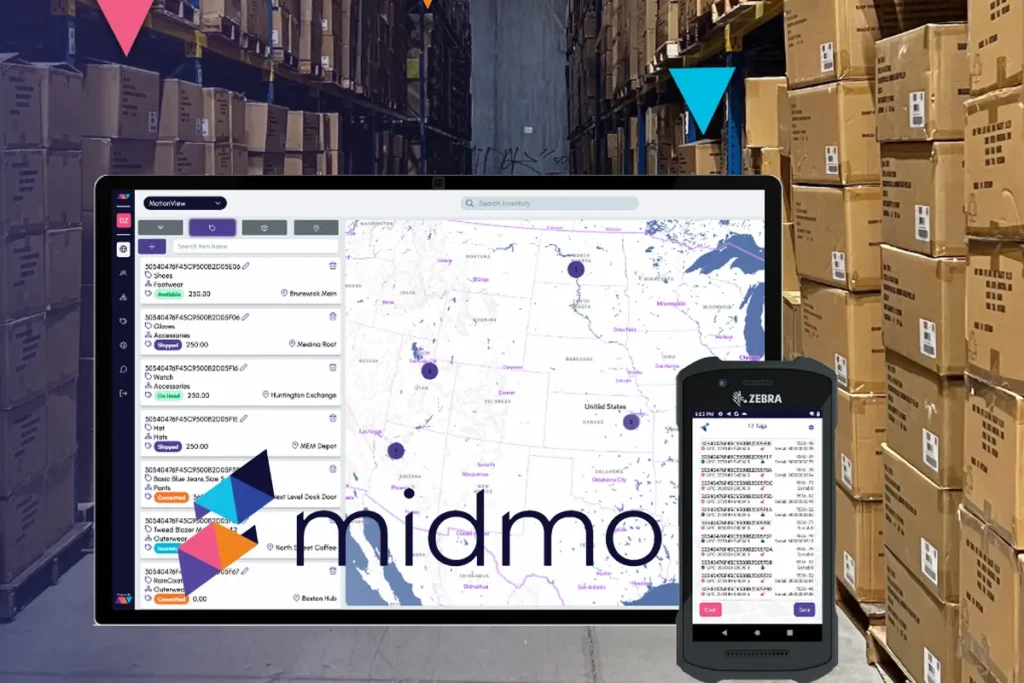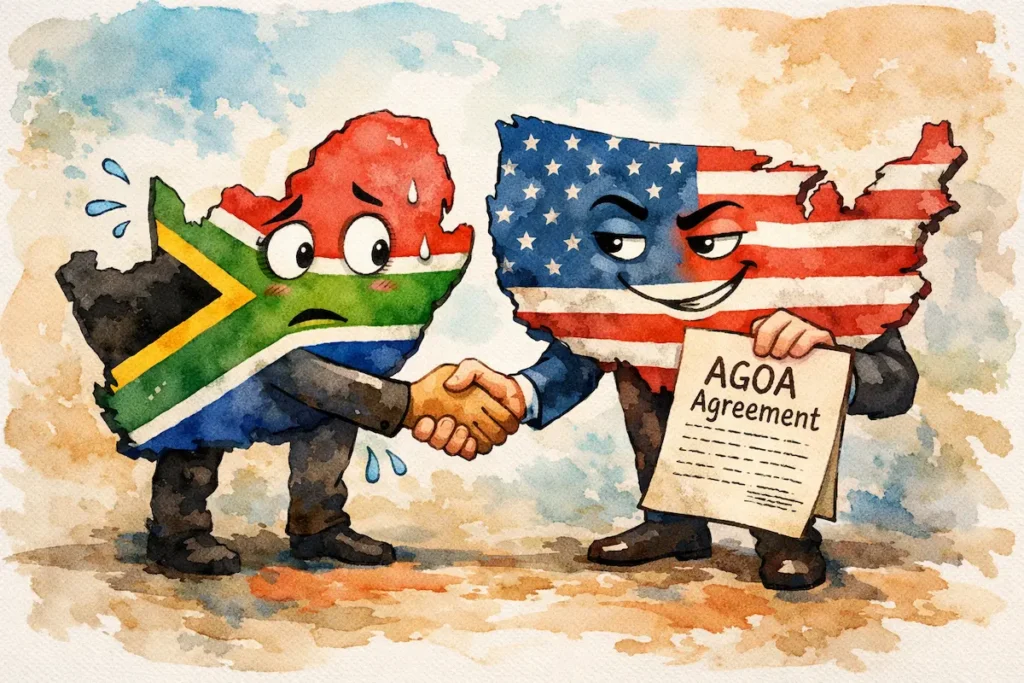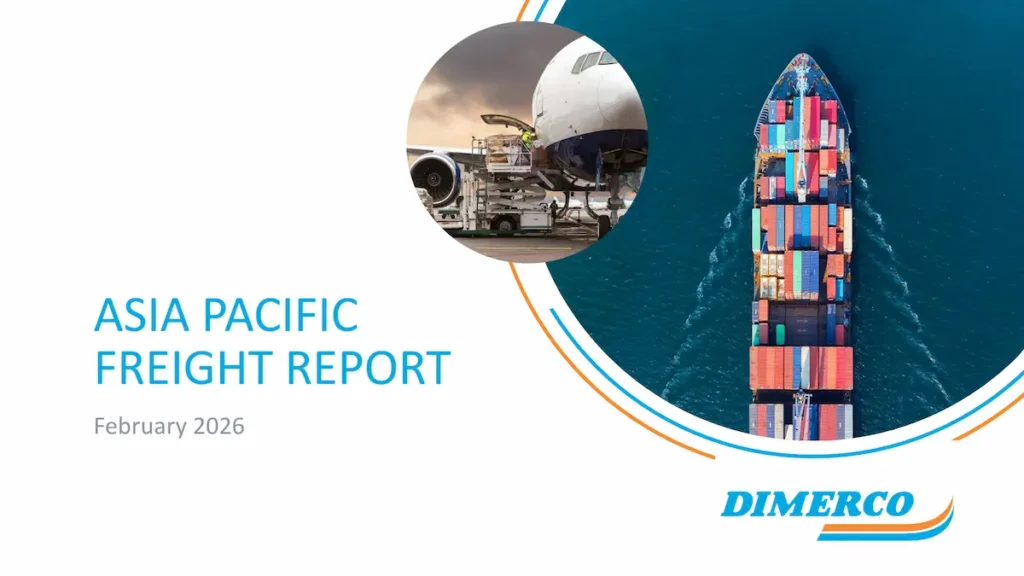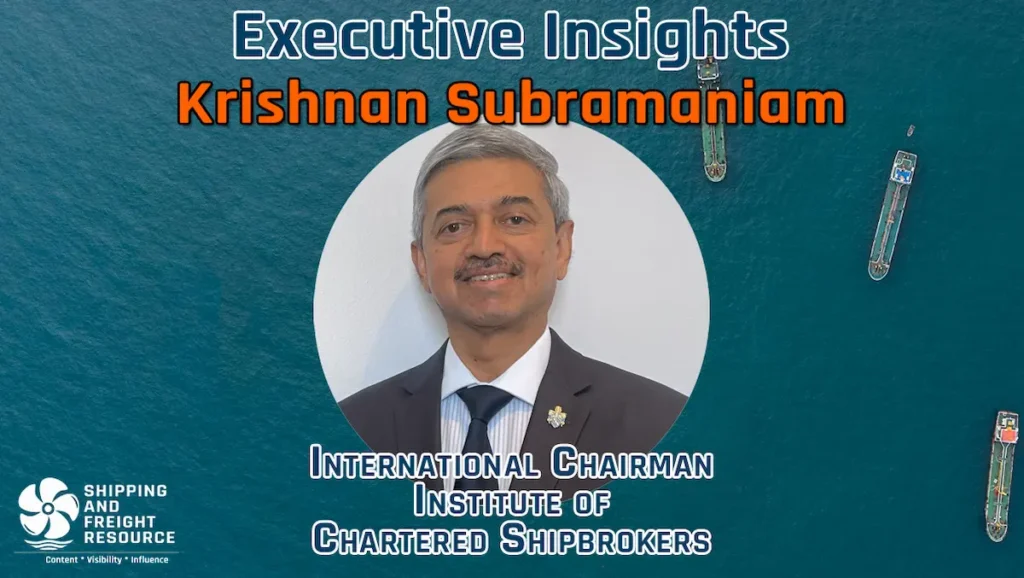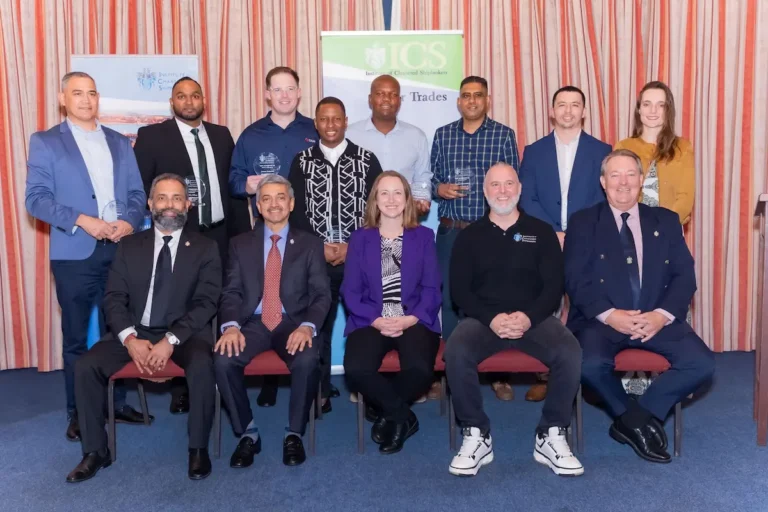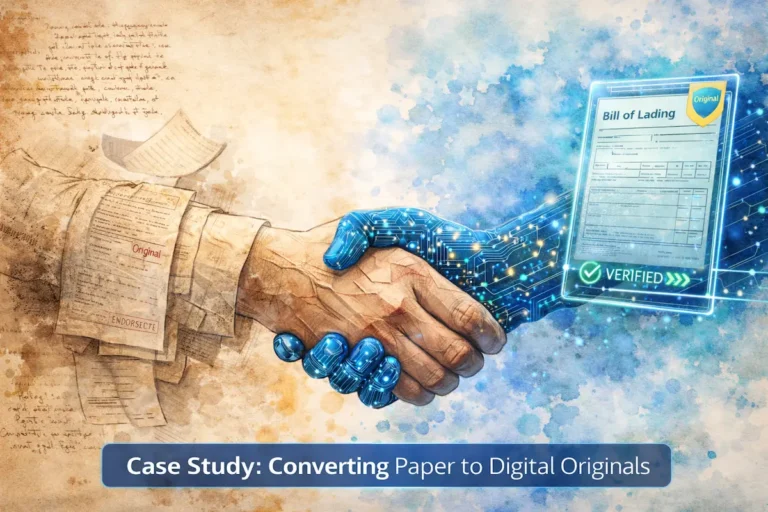GTR Africa 2025 ended on a grand note on Friday 14th March in Cape Town.. The event brought together trade finance, supply chain finance, and banking leaders to discuss the latest trends, challenges, and opportunities shaping Africa’s financial ecosystem..
Key themes emerging from GTR Africa 2025
- The impact of shifting macroeconomics and geopolitics on African trade and investment
- Trade and working capital optimisation strategies
- The role of supply chain finance in achieving strategic goals
- Bridging Africa’s infrastructure gap through financing and innovation
- Digitalisation – The rapidly changing world of trade finance and compliance
I had the opportunity to personally engage with several leaders covering topics from digitalisation in trade to the impact of geopolitical risks on Africa’s trade landscape.. These discussions underscored the transformative changes happening across the industry and the expectations in Africa..
Below are some of the insightful perspectives shared by industry experts during my conversations at the event, each offering unique insights into Africa’s evolving trade finance landscape..
On Compliance, Research & Analysis
Ensuring compliance in a complex trade ecosystem is key as per Eric Orsini, Global Head of Compliance at Lloyd’s List Intelligence..
Speaking on the sidelines of the event, Eric commented about the growing need for compliance monitoring and risk mitigation in global trade..
“If you’re engaged in cross-border transactions or moving cargo, maritime compliance should be at the top of your agenda. The regulatory landscape is evolving rapidly, and businesses must ensure they are compliant with OFAC, the EU, and other global regulators.”
Eric highlighted that building awareness and driving a culture of compliance in the African trade ecosystem was a key objective for Lloyds List Intelligence at the event.. “Our platform helps businesses mitigate risks in the maritime space by monitoring sanctions, vessel ownership, and deceptive shipping practices.” reminded Orsini..
Prenolan Govender – Director – Global Intelligence Analytics at S&P Global was of the view that “The composition of trade in South Africa is shifting as China continues to expand its market share, and the U.S. has slipped further down the list of export partners. Despite global uncertainties, Africa’s trade remains steady, but we are not seeing accelerated growth beyond historical trends.”
As per S&P Global’s insights, there is a growing demand for AI-driven trade intelligence as businesses are looking to navigate risks and disruptions more effectively.
“This is where S&P Global critical supply chain data and workflow automation helps businesses track import/export trends, ensure trade compliance, and mitigate risks like trade-based money laundering” added Govender.
On the subject of concerns around tariffs, S&P Global is not seeing any impacts yet on commercial trade in Africa, but there is an increased level of customer interest and focus on economic research and risk assessment..
As trade in Africa evolves, “businesses must leverage data-driven decision-making and automation to stay ahead in a shifting global landscape” concluded Govender..
Conclusion
GTR Africa has turned out to be not just another industry gathering but has become a critical barometer of where African trade and in particular its financial evolution stands today and where it is headed..
The discussions surrounding the macro-economic shifts and geopolitical risks confirmed the shift in Africa’s trade composition.. Compliance and regulatory risks were a major theme with industry leaders emphasising the growing complexity in maritime compliance, sanctions monitoring, and trade-based money laundering risks..
The momentum in African trade is building but only its execution will determine whether Africa’s trade finance ecosystem can truly evolve to meet the demands of the future..



